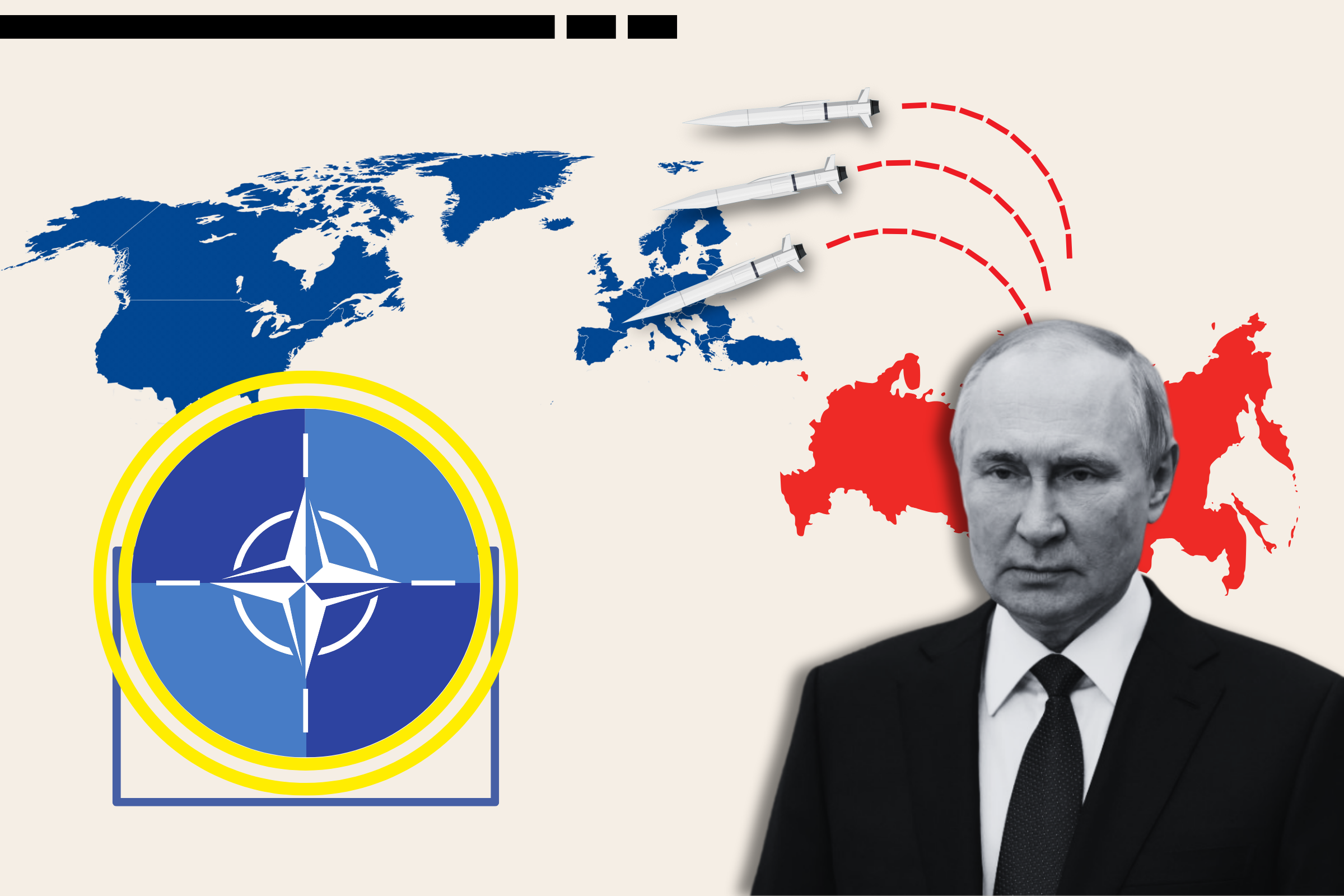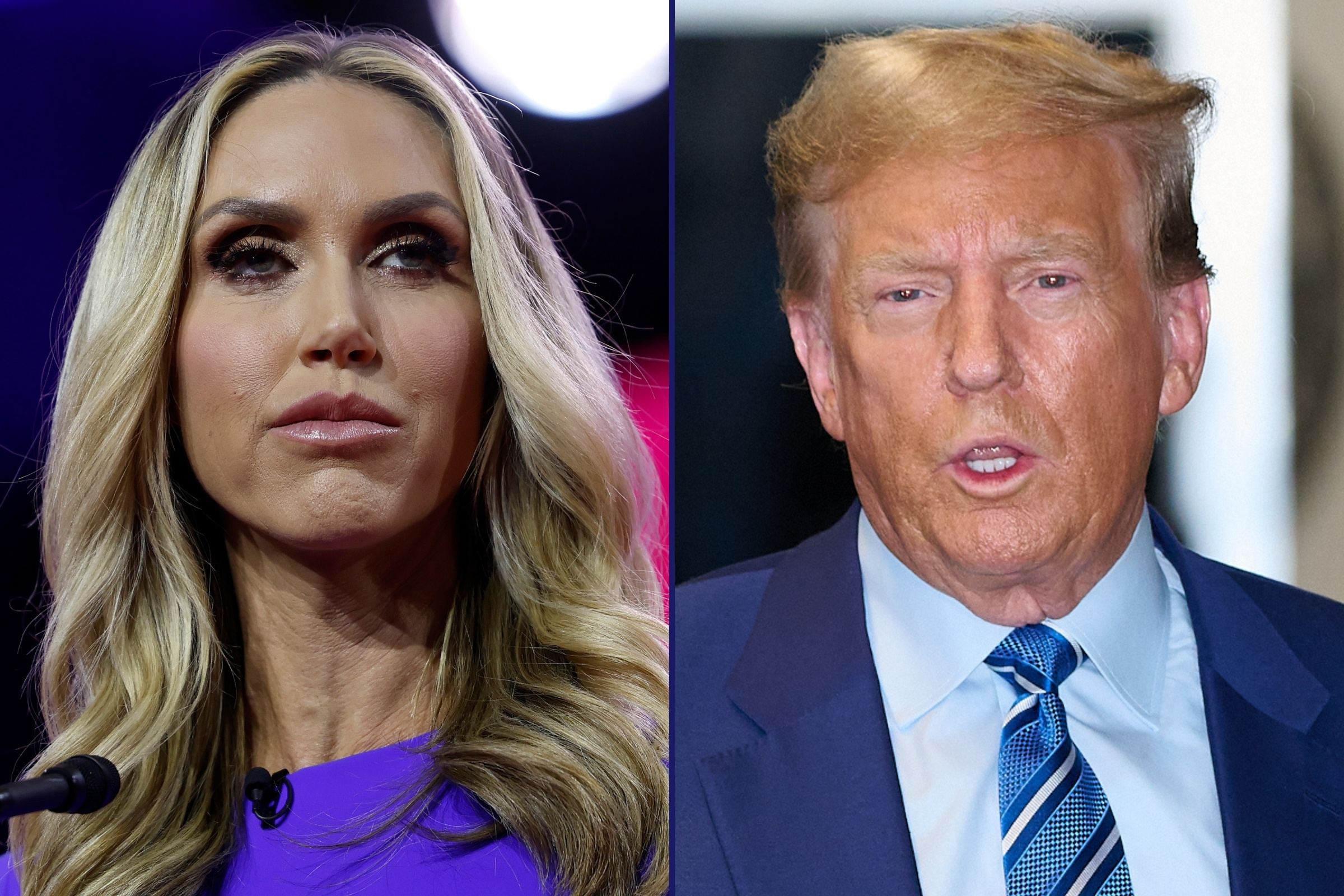
Last Friday, Saudi Arabia and her allies published a list of 13 demands Qatar must meet in order to end the embargo against it and resolve the most significant regional crisis since the Second Gulf War.
Qatar has been stranded from its neighbours since June 5, when escalating tensions led to Saudi Arabia, the United Arab Emirates (U.A.E.)., Egypt and Bahrain taking the unprecedented move of severing all diplomatic ties and transportation links with the state. The Saudi blockade has caused significant upheaval to food, fuel and flights throughout the region, with many residents fearful of being separated from their families and losing their jobs.
The Saudi-led alliance demands not just limitless financial reparation and the closure of respected media outlet Al Jazeera, but total submission to their Gulf neighbors. Overall it reads somewhat like the Arabic proverb: "He who does not wish to give his daughter in marriage exaggerates her dowry." Put simply, the demands are designed to be impossible to comply with.
The alliance was emboldened to take action on Doha earlier this month due to President Donald Trump's public commitment to tackling terrorism in the region. Since then, however, both President Trump and, more emphatically, U.S. Secretary of State Rex Tillerson are now recognizing the inaccuracy of these claims and attempting to end the blockade.
International observers agree the motivating factors for isolating Qatar were based on a complex set of issues and resentments which are far more significant than the simplistic and ostensible rationale: Qatar's alleged support for extremism.
Related: The problem with Qatar's foreign policy—it backed the wrong side
As James Dorsey, senior fellow at the S Rajaratnam School of International Studies in Singapore, recently observed, the Saudi-U.A.E. demands appear to fall far short of a call by the U.S. State Department that the conditions for lifting the diplomatic and economic embargo be "reasonable and actionable." Indeed, the set of demands being made by the Saudi-led coalition is plainly designed not to seek a peaceful resolution, but to inflict punitive and open ended reparations in an effort to cripple a small but vocal neighbor.
As Qatar's foreign minister travels to Washington this week, it is time for the U.S. to heal this rift with a long-standing ally before the crisis escalates further, but it is also an opportunity for a renewed effort against extremism wherever it exists. Though Saudi Arabia, U.A.E. and their allies exaggerated their reasons for isolating Qatar, the unintended consequences of refocusing American efforts on extremism in the Gulf could bring about genuine change. If President Trump and his administration is truly committed to this issue, now is the time to act.
Ironically, continuing support from Qatar is an essential part of the fight against extremists. Qatar's Al Udeid Air Base hosts 11,000 U.S. troops and is the largest American base in the region, making it critical in the fight against the Islamic State militant group (ISIS). Indeed, throughout 2016 the site was used to launch strikes in Iraq and Syria, and prior to this it was a key base for the U.S. campaign in Afghanistan.
Military cooperation between the two nations is at its highest level in history, and President Trump's $12billion deal to supply F-15 jets to Qatar, signed after he criticized the nation for supporting terrorism, indicates there are strong pragmatic allegiances that are unlikely to shift in the near future. Furthermore, Secretary of State Tillerson said last week the blockade is already hampering the campaign against ISIS in the region.
Perhaps the most significant support Qatar can give to the U.S. is ideological. Though funded by the Qatari government, Al Jazeera commands international respect as a media outlet, and is of value to U.S. and Western policy aims in the region. Compare this to new legislation in the U.A.E. that penalizes those who "show sympathy" for Qatar with sentences of up to 15 years. The U.S. cannot surely even passively sanction the brutal suppression of media and personal freedoms.
Saudi Arabia hailed the recent $110billion arms deal with the U.S. as a break with the Obama years, during which tensions rose over his deal with Iran, and welcomed President Trump's implied support for Riyadh's agenda in the Middle East. However, the U.S. must adopt a more nuanced approach that balances the multitude of interests in the Gulf. Crucially, a misstep by the U.S. at this stage risks conflict now and in the future in a place which has seen Western intervention in recent history.
Recent events should serve as a constant reminder that each nation in the Middle East supports a complex agenda that renders useless the adage "an enemy of my enemy is my friend." It is no doubt true that Saudi Arabia views Iran as the greatest threat to its sovereignty, and equally that President Trump views Tehran with a similar level of suspicion, but the wholesale support of Saudi policy would result in serious risks to the U.S. and indeed the Western world.
We must not ignore the reality that the ideology which inspires many of the most violent terrorist organizations is Wahhabism, an extreme orthodox Sunni creed which has its historical roots in the Kingdom of Saudi Arabia. Regardless of allegiances with Riyadh we must call out the sources of funding of hate preaching worldwide.
As observers have noted, the only possible conclusion of the current impasse is either for Qatar to capitulate entirely and become nothing more than a Saudi client state, or to face expulsion from the Gulf Cooperation Council (G.C.C.) and to be driven into the waiting arms of Iran.
The solution should be clear: invite an internationally respected panel of legal experts to examine the claims that Qatar is promoting terrorism. If the evidence is there, invite the Qataris to deal with this openly and transparently. But don't jeopardize the beacon of hope that the G.C.C. represents in the region, and the world.
Anthony Harwood is a former foreign editor of the Daily Mail.
Uncommon Knowledge
Newsweek is committed to challenging conventional wisdom and finding connections in the search for common ground.
Newsweek is committed to challenging conventional wisdom and finding connections in the search for common ground.
About the writer
To read how Newsweek uses AI as a newsroom tool, Click here.








